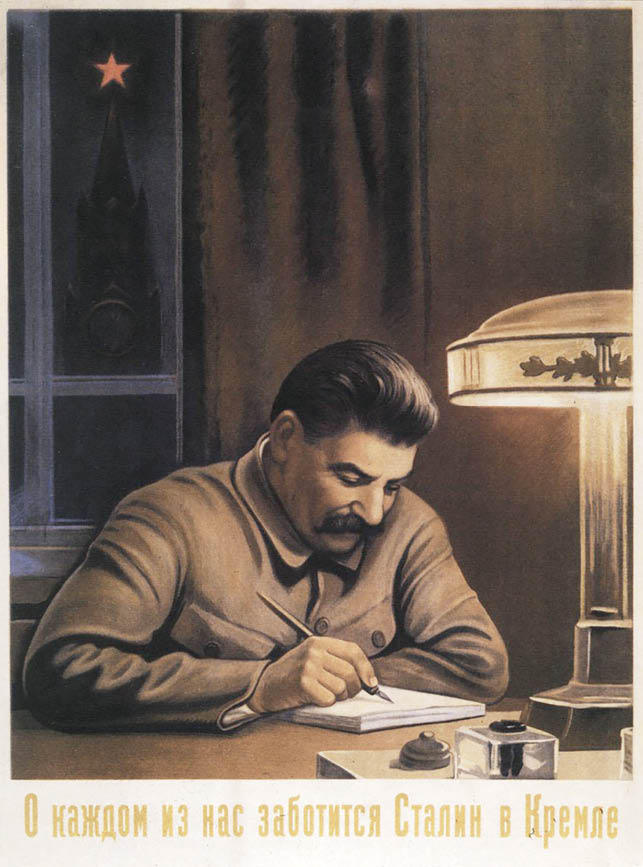The Red Cross & The Spanish Civil War
 |
| Dr Marcel Junod, ICRC coordinator in Spain, distributing aid to prisoners in Salamanca. © ICRC / hist-02224-18a |
It's Red Cross Week! The International Committee of the Red Cross was founded in 1863 and was inspired by Swiss businessman, Henry Dunant. Dunant had fought in the Battle of Solferino in 1859 and became very concerned about the men on both sides of the conflict who were suffering and dying due to lack of care. He proposed creating national societies comprised of volunteers who would train during peacetime and be deployed during international conflict to assist on both sides to relieve suffering caused by war. the International Committee of the Red Cross was established in 1863 as a result. Dunant also made the proposition of an international agreement recognising the status of medical care and of the wounded on the battle field. This agreement was the original Geneva Convention and was drawn up in 1864.
The Civil War broke out in July 1936 following a failed coup by the Nationalist rebels, led by Francisco Franco, against the Republican government. This soon turned into an almost international conflict with fascist governments in Italy and Germany assisting Franco and International Brigades arriving to help on the side of the Republicans. However, this was still predominantly an internal conflict.
An Internal War
The legality of the Red Cross intervening in the conflict was somewhat dubious. The Spanish Civil War was an internal conflict when usually it would usually assist in international conflicts. Assisting during a civil war may have been potentially seen as interfering in the domestic politics of Spain.
The scope of the ICRC's assistance was usually limited to those directly involved in the conflict, namely soldiers and prisoners. During the Spanish Civil War, the civilian population were also deeply effected, becoming victims of siege, bombardment, taken hostage, separated from their families and deprived of essentials. The Red Cross were highly concerned about this and therefore extended its work to not only helping wounded soldiers and prisoners but also to non-combatants impacted by the conflict, including children.
Mobilising the Red Cross
In August 1936 the International Committee of the Red Cross (ICRC) was officially asked to assist in the Civil War.
The ICRC sent Dr. Marcel Junod to Spain to talk to both sides and to meet with the Spanish Red Cross. By September 1936, Junod had negotiated two agreements. Under the first agreement the Spanish Red Cross accepted the help of national societies via ICRC and agreed to assist in gathering information on civilian detainees and prisoners of war (POW) on both sides. The second agreement was made with the government who allowed the ICRC to work on both sides of the conflict to help those in need. Junod then met with the military junta to obtain the same agreements. The ICRC were then able to set up delegations across the country to provide aid and relief to victims of war.
Key Word: military junta - a military group that rules a country after taking power by force.
Patients, Prisoners & Displaced Families
The ICRC worked in key areas on both sides of the conflict to distribute medical supplies and food equally. This was largely financed by individual Red Cross Societies, foreign governments and private donors. It is estimated that the Indian Red Cross donated at least 16,000 rupees to help victims on both sides of the war in Spain. The Red Cross also had to work hard to protect their medical units and ensure they were not damaged during the conflict. They informed both fighting parties of the location of medical units so they could avoid causing damage to them.
The protection of prisoners was also a priority for the Red Cross. This offer was originally rejected by both sides of the conflict but agreements were eventually made. The ICRC made inquiries into the conditions and locations of detained persons. Eventually the Red Cross were able to visit detainees with 89,000 prisoners being visited by December 1938. They were able to visit prisoners on the Republican side until the end of the war in 1939. The organisation made an attempt to organise exchanges of captives leading to several hundred prisoners being freed but this was only a small dent in the number of detainees. Unfortunately, many Red Cross Volunteers were imprisoned themselves.
 |
| Refugees fleeing Madrid after a fascist bombing in 1937 © IWM HU 34702 |
Civilians had been impacted dramatically due to drastic food shortages. The Red Cross played a significant role in feeding civilians but due to a lack of funding, this had to be scaled back by Summer 1937. This was a huge problem for the ICRC at this time as there was a complete lack of donations coming in from governments and national societies. Though they were minimal, some supplies were still provided and were so until the end of the war. It is estimated that 670,000 Swiss francs worth of aid had been distributed.
In addition to feeding civilians, the ICRC aimed to protect them from the conflict itself. Civilians were often caught up in aerial bombardments and sieges so the Red Cross organised evacuations. There was an effort to call to both parties, pleading them not to carry out air raids on civilian populations behind the front line but this had almost no effect. Once civilians had been evacuated, the Red Cross continued to support them. They visited refugees in France, providing them with food and clothes.
 |
| Civilians search the rubble after a German air raid, March 1938 © IWM HU 34681 |



